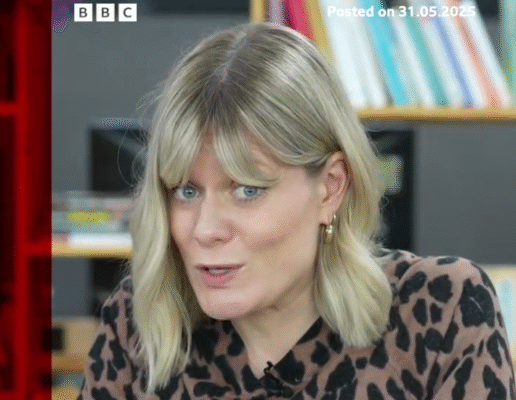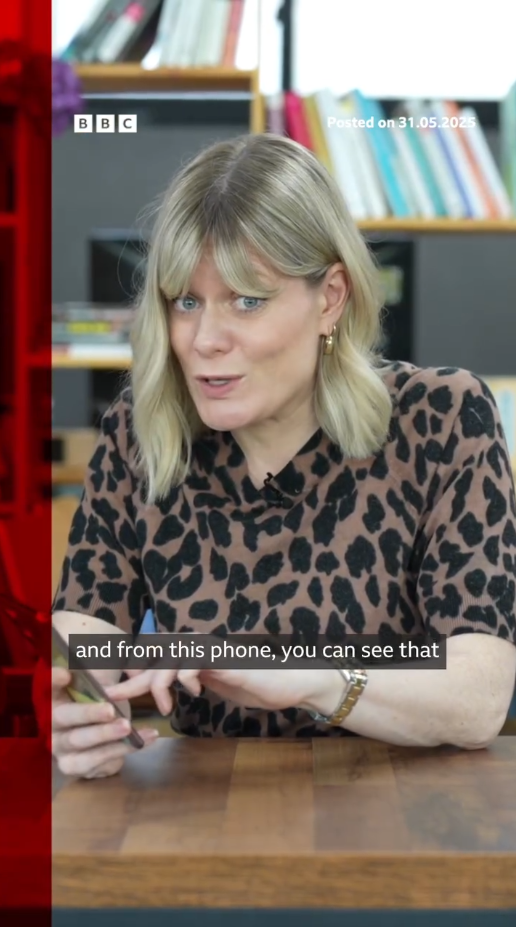
Meanwhile South Korea organisations are trying to smuggle films, TV dramas, pop songs and news across the border to challenge the country’s propaganda.
A North Korean mobile phone, smuggled out the country late last year, shows how severely the country is cracking down in response.
Tap the link in @BBCNews’s bio to read about North and South Korea’s underground war and why Kim Jong Un might now be winning.
North Korea, officially known as the Democratic People’s Republic of Korea (DPRK), is one of the most secretive and tightly controlled societies in the modern world. At the core of this control is the regime’s near-total monopoly over the flow of information. Unlike most countries where citizens can access a wide range of viewpoints via the internet, cable news, social media, or international publications, North Koreans live in a highly curated information bubble, carefully engineered by the ruling Workers’ Party to maintain ideological conformity and suppress dissent.
A Digital Wall: Internet Access in North Korea
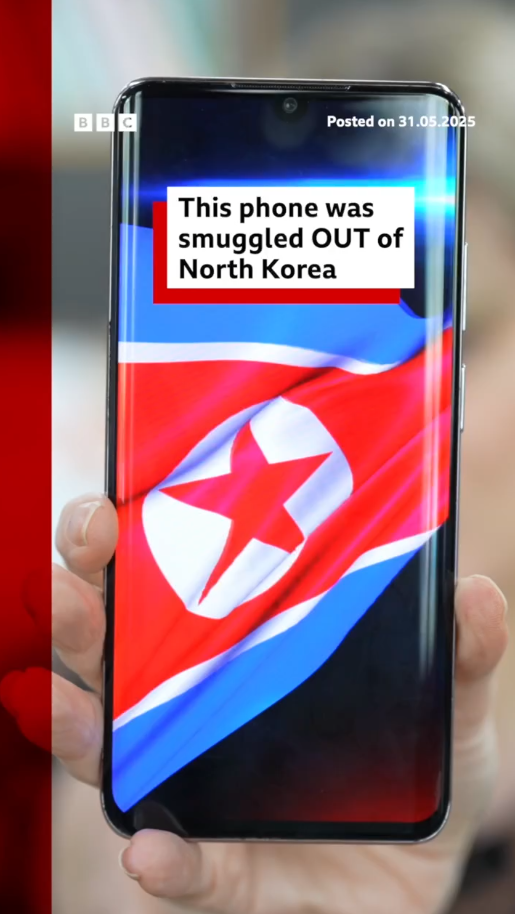
Access to the global internet in North Korea is essentially nonexistent for the average citizen. Only a tiny elite—high-ranking government officials, top academics, and select researchers—are allowed to go online, and even then, their activity is closely monitored and restricted. The vast majority of North Koreans have no idea what platforms like Google, YouTube, or Twitter are, let alone how to use them.
Instead of the internet, North Korea offers a domestic intranet system called Kwangmyong. This closed network gives access only to state-approved content such as educational materials, propaganda, and sanitized versions of news articles. Foreign websites are blocked entirely. There’s no emailing friends in other countries or browsing international shopping sites. In many ways, this intranet is less about connection and more about isolation.
Smartphones have become more common in recent years—albeit limited to state-issued models with preloaded apps. These devices are incapable of connecting to the global web and often come with features that monitor or log activity. Cameras and media storage are also restricted, ensuring that no forbidden images or videos circulate among the population.
Media Control: One Voice, One Message
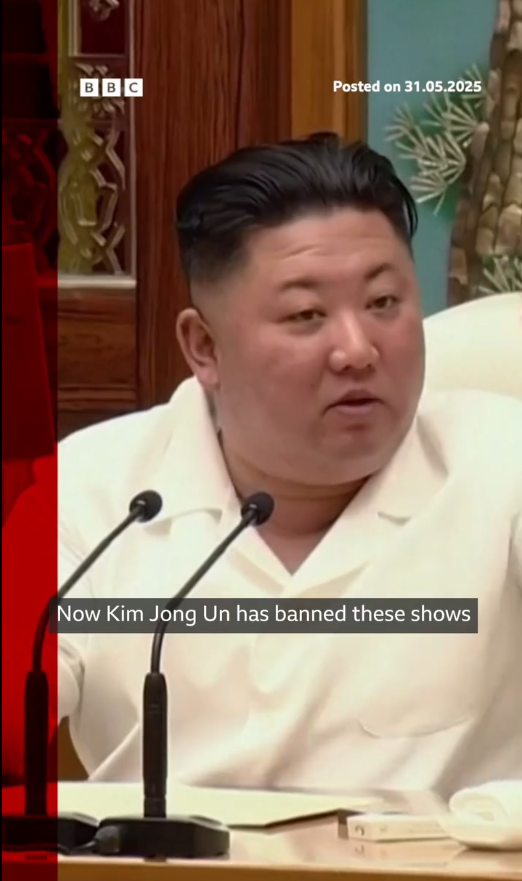
In North Korea, all media outlets are state-run. Whether it’s television, radio, newspapers, or even theater, everything is an arm of the state’s propaganda machine. The country’s main newspaper, Rodong Sinmun, is effectively the voice of the ruling Workers’ Party and reports on the activities of the Supreme Leader, Kim Jong Un, with reverence that borders on worship. The front page almost always includes praise for his leadership or reports of his recent guidance visits to military bases, factories, or schools.
There are no independent journalists. All reporters are trained by the state and follow strict guidelines. Any deviation from the approved narrative can lead to harsh punishment—not just for the reporter, but potentially for their entire family.
Television and radio broadcasts follow a similarly rigid pattern. Programming includes state news, ideological lectures, military parades, and dramas that glorify the country’s history and leadership. Music and art are permitted only if they serve ideological purposes. Foreign content is absolutely banned, especially anything from South Korea or the United States, which the North Korean government considers enemy propaganda.
The Risk of Outside Influence
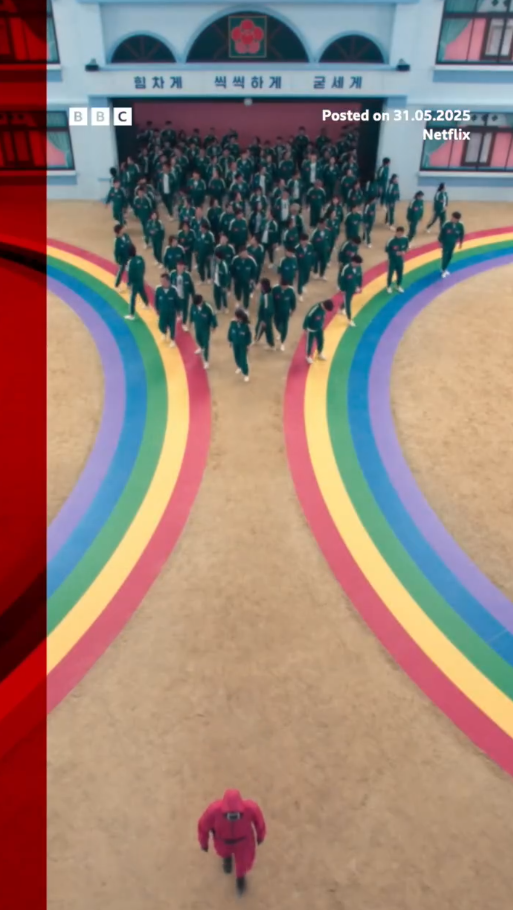
Despite the regime’s efforts, some outside information does trickle into the country. USB drives smuggled across the Chinese border often contain South Korean dramas, Western movies, or foreign news clips. These contraband items circulate on black markets and are sometimes watched in secret by curious citizens. However, the risks are enormous.
Possession of banned media is considered a serious crime in North Korea. Penalties range from forced labor to imprisonment—and in extreme cases, execution. The government has invested heavily in surveillance and neighborhood watch programs, where citizens are encouraged (and pressured) to report suspicious behavior. Watching a pirated movie in your own home could lead to arrest if overheard or witnessed.
This fear serves a dual purpose: it discourages the consumption of foreign media and reinforces the state’s dominance over its people’s lives. In essence, the government uses the threat of punishment to police not just actions, but thoughts.
Propaganda and Personality Cult
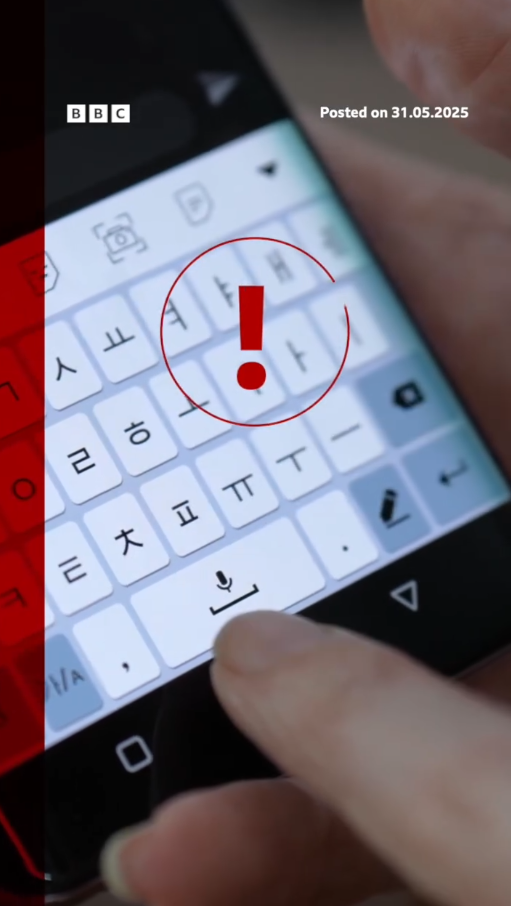
The central figure in all North Korean media is the Supreme Leader. From Kim Il Sung to Kim Jong Il, and now Kim Jong Un, the ruling Kim family has built a personality cult so pervasive that even young children are taught to express gratitude and devotion to the leader. In school textbooks, the Kims are depicted as heroic figures who have defended the nation against imperialism and built a utopia of equality and strength.
This personality cult is reinforced daily through media content. Whether it’s a news story about Kim Jong Un providing “on-the-spot guidance” or a documentary showcasing his supposed genius, the message is clear: the leader is all-knowing, benevolent, and beloved. Any narrative that might challenge this view is swiftly and thoroughly suppressed.
The Cost of Control
North Korea’s rigid control over information has come at a steep price. By isolating its people from the global community, the regime has hindered economic development, stifled creativity, and perpetuated widespread misinformation. Most citizens are unaware of their own country’s human rights record or the comparative wealth and freedoms enjoyed by their neighbors.
Yet this very ignorance is what sustains the regime. By keeping its population in the dark, North Korea can more easily maintain order and suppress dissent. As long as people don’t know what they’re missing, they’re less likely to rebel.
A Glimpse of Change?
There have been small signs of cultural shifts in recent years—rising consumerism in Pyongyang, more visible foreign fashion trends, and the increasing popularity of cellphones (albeit heavily regulated). However, true change is unlikely to come from within unless the information blockade is broken.
For now, North Korea remains one of the most closed societies on Earth. Its citizens live in a parallel reality—one curated, scripted, and enforced by a state that views control over information as essential to its survival.
Until that changes, the internet will remain off-limits, and the only voice on airwaves will be that of the regime.
